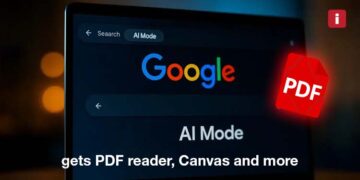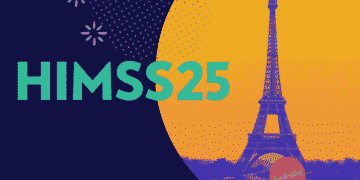LinkedIn has used artificial intelligence in many ways, but a function has not received much traction as expected: AI-mail proposal. According to LinkedIn CEO Ryan Roslanski, users did not expand this tool that is widely expected. In his words: “It’s not as popular as I thought it would be quite clear.”
Why hesitation? It comes down on the perception. On LinkedIn, the post is not just the position updates as they are professional details. People use the forum to use the network to create reliability, demonstrate their expertise and hire leaders or industry partners. This is more alert users about how they present themselves. Many are uncomfortable so AI can shape its public voice, this inhumane or the robot may appear for fear of the content.
But here is the contradiction :
While users are reluctant to write for AI, they drive to show that they should understand it.
The recent data from the IndexBox market -tilt platform reveals a huge increase in demand for AI skills on LinkedIn. AI jobs, which lists related competences, have increased by six times in the past year. Meanwhile, the number of users adding AI skills to its linked -in profile has increased by twenty times. This is a clear indication that professionals are preparing for the AI manual future, although they are not yet ready to speak AI.
Interestingly, even top officials embrace the AI help behind the curtain. Roslansky himself shared that before he sent an e -mail to Microsoft Ceo Satya Nadella, he uses Microsoft Copilot to refine his word. He said, “I hit the copilot button to make sure I make the truth-tired sound,” he said jokingly.
It highlights the cool role AI already plays in modern professional communication. While people can hesitate to use it for public positions, it becomes common in private workflows – e -mail, sketches and thought generations.
So where does this leave us?
AI is clearly required in the workplace. But on platforms like LinkedIn, where reputation means something, users still prefer a personal touch. They want to look smart – not artificially smart. Over time, as the AI units become more reference-fishing and adaptable, users may be more comfortable who can also help them in public writing.
Currently, this is a balance sheet. Using professional AI units and preparing AI-led industries is embracing AI skills. But when it comes to voice – especially public – they still want to become a pen that holds a pen.













































